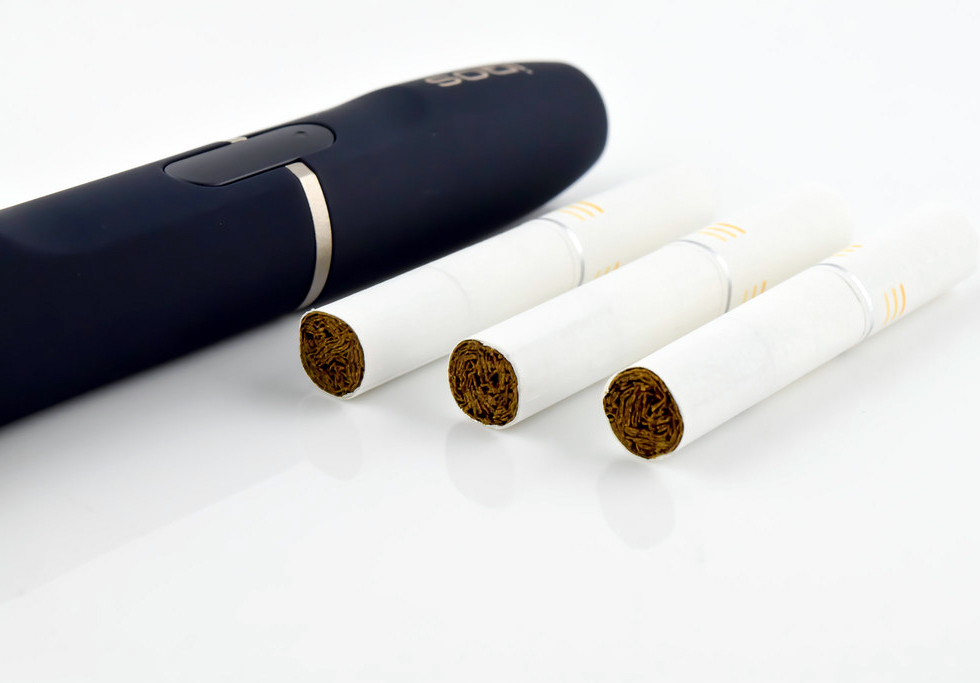Can the FDA effectively screen e-cigarettes? Professor, PhD student have concerns
By Denise Blough

As soon as September, e-cigarette companies may have to prove the safety of their products to the U.S. Food and Drug Administration if they hope to stay in business. With the startling rise of electronic tobacco use in children, the new regulatory structure could be a big chance to improve public health, said Micah Berman, associate professor of health services management and policy and law.
But experts are concerned about the FDA’s ability to handle this mission with its unclear definition of the “public health standard” and a shaky track record approving tobacco products, as detailed in an article by Berman, a member of the college’s Center for the Advancement of Tobacco Science, and Allison Glasser, a PhD student in health behavior and health promotion.
“These reviews provide the FDA with an opportunity to play an important role in protecting public health, but it must be much clearer about how it is reaching its conclusions and it must more critically examine the evidence the companies are submitting,” Berman said.
In the perspective piece — published Aug. 20 in JAMA Oncology — Berman and Glasser analyze the FDA’s decision to allow the sale of IQOS, a vaping device containing tobacco. After a two-year review process ending in April 2019, IQOS products can now be purchased multiple places in the U.S.
“There was … no discussion about whether or how the IQOS could be made less harmful,” the authors wrote. “It is hard to see how a product’s sale is appropriate for public health if it could be manufactured in a different way that reduces health risks.”
They further argue that by failing to define the “public health standard” beyond the language used more than a decade ago in the 2009 Family Smoking Prevention and Tobacco Control Act, the FDA is setting a low benchmark for safety.
For the IQOS, “it applied the very low bar of ‘not worse than a cigarette,’” Berman said, adding there are many potential issues with the overly broad guidelines. “Does the product have to reduce tobacco-related risks, or just not be worse than current products? What if a product reduces harms for some but increases them for others? How much scientific certainty must the FDA have about the likely outcomes?”
Unclear criteria, an overdependence on data from tobacco companies and a lack of population-level risk assessments are all problems that “need to be addressed before the FDA’s upcoming reviews of e-cigarette products begin,” Berman and Glasser wrote.
“We wrote this article because we hope the FDA will take our concerns into account,” Berman said.
Image credit: https://vaping360.com/best-vape-starter-kits/iqos-mesh-review/
About The Ohio State University College of Public Health
The Ohio State University College of Public Health is a leader in educating students, creating new knowledge through research, and improving the livelihoods and well-being of people in Ohio and beyond. The College's divisions include biostatistics, environmental health sciences, epidemiology, health behavior and health promotion, and health services management and policy. It is ranked 22nd among all colleges and programs of public health in the nation, and first in Ohio, by U.S. News and World Report. Its specialty programs are also considered among the best in the country. The MHA program is ranked 5th and the health policy and management specialty is ranked 21st.